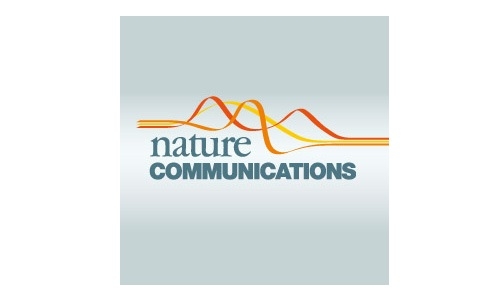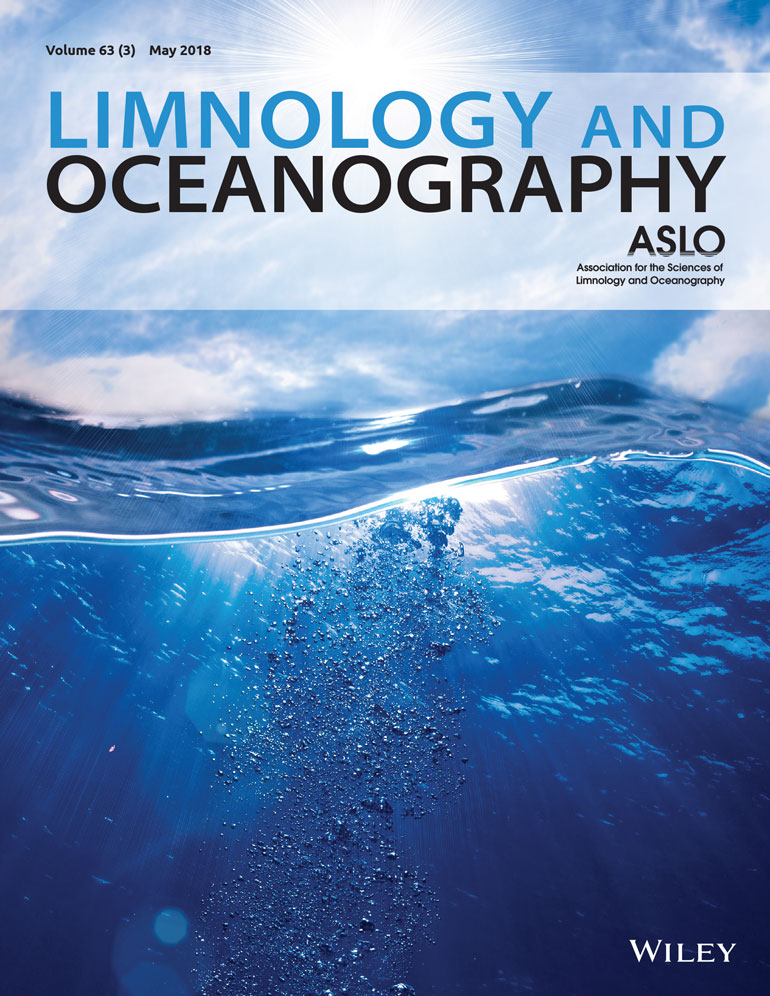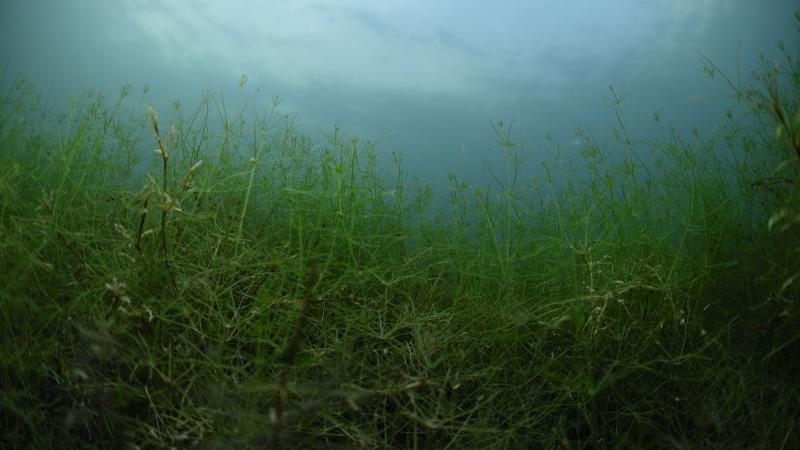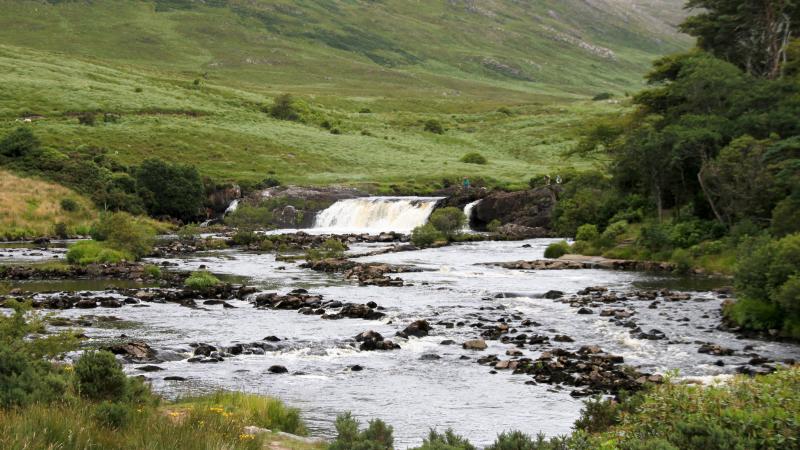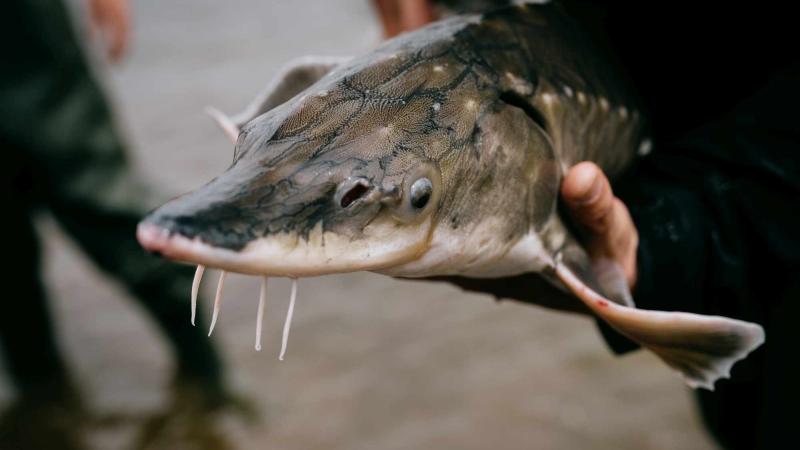(Dept. 2) Community and Ecosystem Ecology
Inland waters support exceptional biodiversity, are characterised by intense metabolism of matter, and provide important ecosystem services. However, freshwater ecosystems face high and increasing pressures from multiple stressors. The Department of Community and Ecosystem Ecology conducts research in both standing and running waters studying the response of freshwater communities and ecosystems to global change. Ultimately, we aim to advance our mechanistic understanding of the structure and functioning of inland waters as a basis for their sustainable management. Specifically, we focus on:
- Response of freshwater communities and diversity to changing environments
- Interactions between freshwater communities, their environment and ecosystem functioning
- Spatial and temporal freshwater biodiversity patterns
- Sustainable management of freshwater communities and ecosystems
We develop and analyse the long-term monitoring data of Lake Müggelsee and Spree as well as from other inland waters and their catchments, employ spatially explicit statistical and deterministic modelling approaches, and conduct lab and field experiments. Our department additionally encompasses research on the global effects of climate change and biodiversity and develops new theoretical concepts on that.
Research groups
Department members
Selected publications
Current protected areas provide limited benefits for European river biodiversity
Protected areas are meant to preserve endangered species and stabilize ecosystems. But for many European rivers, this protection falls short. The research team examined the condition of rivers at over 1,700 locations in ten European countries across a period of almost four decades. The result: Existing protected areas have only brought about measurable improvements in a limited subset of rivers.
Flow variability and macroinvertebrates jointly regulate stream periphyton and metabolism: Insights from experimental stream mesocosms
In stream mesocosm experiments the authors tested how reduced flow and a sequence of controlled flushing events, with or without macroinvertebrates, affect periphyton community composition, algal biovolume, and ecosystem metabolism. Flow variability and macroinvertebrates control periphyton structure, metabolism, and carbon cycling, with macroinvertebrates stabilising responses to disturbance.

Global thermal tolerance compilation for freshwater invertebrates and fish
The authors present the first comprehensive and openly accessible compilation of freshwater species’ thermal tolerance, covering over 900 invertebrates and fish, and including English and non-English studies to expand representation and reduce biases.

Towards transformative change for biodiversity: What can we learn from case studies in Germany?
The authors analysed 22 case studies of biodiversity-enhancing societal processes and projects in Germany to identify barriers and success factors, as well as features that support transformative change towards sustainability and the mainstreaming of biodiversity. They identified 16 features that support transformative change for biodiversity, many relevant beyond Germany.
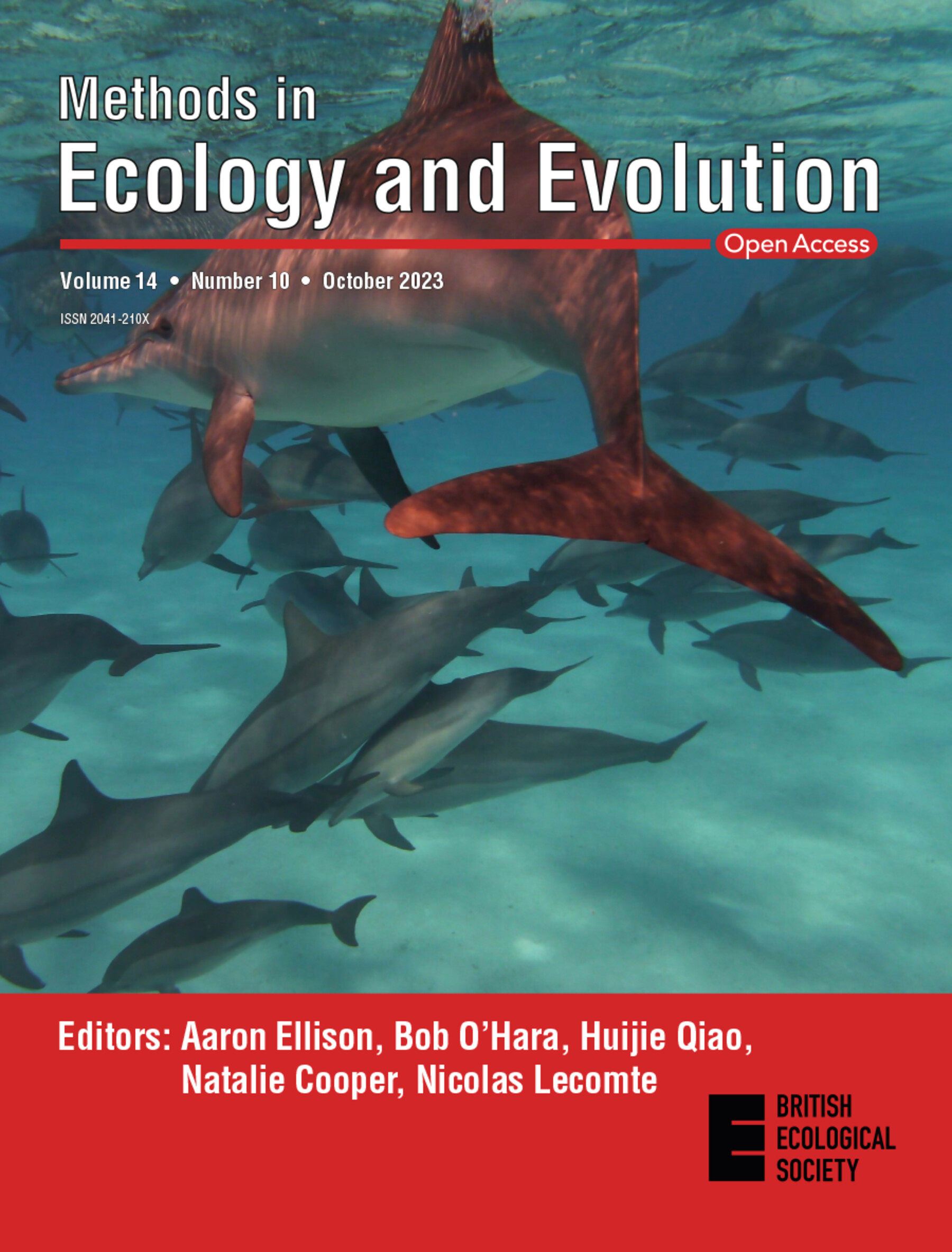
A population Monte Carlo model for underwater acoustic telemetry positioning in reflective environments
In study areas near acoustically reflective surfaces, reflected transmissions may cause large detection outliers that reduce the accuracy of telemetry positioning. A novel time-of-arrival model is presented. This allows for positioning of aquatic animal in acoustically challenging study areas. It provides good measures of positioning uncertainty and is useful for fine-scale telemetry.




